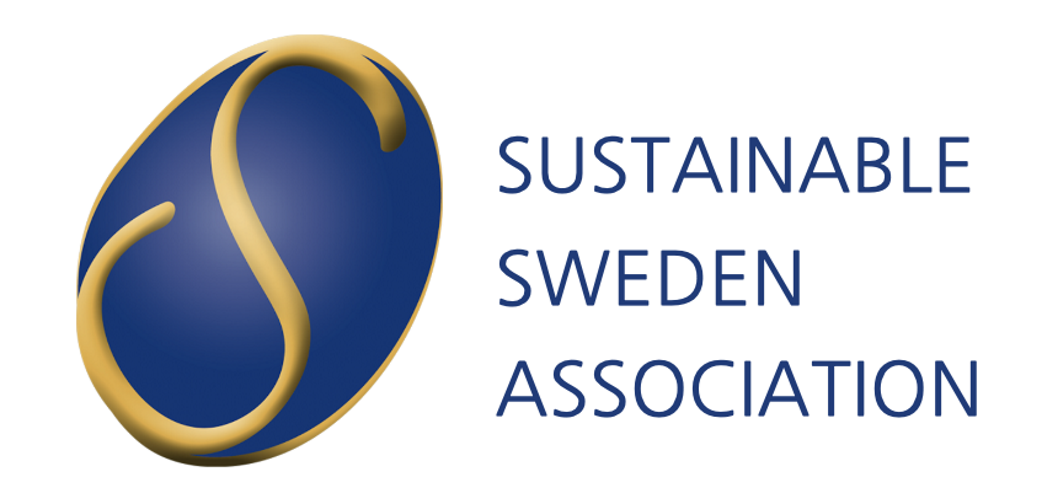From 2014 to 2016, a 2-years project has taken place in the province of Arauco in Chile : Arauco Sustentable.
The aim of the project is to develop a model of Eco-municipalities based on the Swedish Eco-municipalities experience and the Ecomunicipality 5.0 concept, but which would be adapted to the Chile’s institutional and social conditions. The main objective is to develop Eco-Tourism and sustainable destinations in the province of Arauco by adapting, transferring and implementing a model of public-private management.
For this, the members of Arauco Sustentable have identified four specific missions and their final results :
-
To develop a model of Eco-municipality for Eco-touristic destinations : creation of pedagogical resources to train municipalities’ teams to create sustainable destinations.
⇒ A very clear and complete Handbook for the “Implementation of sustainable touristic destinations from the Eco-municipality approach” has been drafted at the end of the project; it is available here (in spanish) -
To promote networks and capacity centres : creation of an international cooperation network and 3 Capacity Centres.
-
To apply the Eco-municipality management model to sustainable touristic destinations : drafting of action plans for the management of sustainable touristic destinations in the Arauco Province.
⇒ At the end of the preparatory project in Arauco, four action plans have been drafted, for:
- Trongol Caramavida
- Lleu Lleu Lake
- Tirua Centro Sur
- Lanalhue Lake
Each of them first presents the vision of what the city should have become by 2020. Then, for each of the themes chosen in each city, a board presents the Strategic Objective, the Prioritized Action(s), the Means, the Responsible, the Resources needed and finally the Possible Source(s) of the funds.
⇒ Those 4 action plans can be read here (in spanish)
-
To disseminate the teachings and the newly-created model to create more sustainable touristic destinations across Chile.
By generating a shared vision and agenda for the development of sustainable destinations in the province of Arauco, the project seeks to align government, business, academic and social initiatives, and thus to create institutional arrangements. Those would reduce information asymmetries and uncertainties to make each actors’ projects more efficient and enhance coordination. This way, it is expected to affect the development of new associations and companies designed to maintain the local common goods and collective goods affecting the sustainability of the site.
The project will benefit municipalities, companies, universities and social and educational organizations related to the tourist sector of Arauco’s Province. The initial estimate is for the project to last 24 months starting in december 2014, and Innova Biobío participates financially in this project.
Participating Institutions :
Leaders of the project :
Servicio Nacional de Turismo (SERNATUR)
Asociación de Municipalidades de Arauco (Arauco 7)
Asociación de Empresarios de Cañete (ASOEC)
Institution in charge of executing the project:
Universidad de Concepción (UdeC)
Co-executants for the project :
Chilean Institute of Permaculture (Instituto Chileno de Permacultura – ICHP )
Association for the Swedish Eco-municipalities (SEKOM)
Sustainable Sweden Association (SuS)
Arauco Sustentable Team :
Jeanne W. Simon – Director
Eduardo Leteelier – Coordinator of the University of Concepción
Carlos López – Coordinator at the Chilean Institute of Permaculture (Instituto Chileno de Permacultura – ICHP)
History of the Relations between Sweden and Chile
The History of Sweden-Chili relations started with the military coup in 1973 against then-president Salvador Allende, by Pinochet. Hundreds of thousands of Chilean citizens had to flee the dictatorial regime which is now believed to be responsible for the 40,018 victims related to political repression (torture, executions, etc…).
Many of these political refugees were welcomed by Sweden, where they made possible a first direct contact between Chili and Sweden.
One of them, Manfred Max-Neef, became a renowned economist, who won the Right Livelihood Award, also known as “Alternative Nobel Prize”, in 1983. He was one of the first bridges in the Sweden-Chili relations, and his theories influenced the Eco-municipality today. In particular, in his book “The Living Economy”, he describes the Basic Human Needs, which can be found in Eco-municipality 5.0
The City of Valdivia in the region of Los Ríos, home of the Universidad Austral de Chile played an important role in building connections between the Sweden Eco-municipalities and Chili. This city, was founded by German refugees fleeing from the failed 1848 Revolution. Their progressist ideology seems to have survived in much of the inhabitants’ behaviour. Hence, the proximity with Nordic countries made it easy to start there.
One of the first bridges between both countries in recent times was made through Alejandro Araya, who at the time worked for the Chilean Service of Agriculture and Animal production (Servicio Agrícola y Ganadero) and contacted IEMEA in 2009. At the time, with the SAG, he was starting to implement a project called Eco-granja inclusivas (Inclusive Eco-farm) on which you can find information at the end of the article.
For some time, CIPMA, the Centre of Environmental Investigation and Planification had made possible a first contact between Sweden and Chili, but after a failure in 2010, the project was abandoned.
That same year, the CEAM, Centro Transdisciplinario de Estudios Ambientales y Desarrollo Humano Sostenible (Interdisciplinary Center of Environmental Studies and Sustainable Human Development) of the Universidad Austral de Chile hosted a conference on Eco-municipalities, gathering more than 2000 people.
Along with Valdivia and the Los Ríos Region, 5 interested municipalities from Valle del Maipo attended workshops with IEMEA in 2010. They showed particular interest in working with sustainable businesses integrated in the Eco-municipality model.
La Pintana, one of the poorest districts in Santiago de Chile (the capital), has also been a close partner. Thanks to the help and coordination of Manuel Valencia for the last 25 years, the district has created an efficient environmental facility with recycling, cultivation, chemical laboratories, bio-diesel production, biological water cleaning systems, and training facilities.
Finally, in the last years, three additional municipalities have expressed their will to join the movement : Calera de Tango, Lo Prado and Isla del Maipo. They already understand that in order to have an efficient project, the municipalities themselves have to push for initiatives and solutions.

